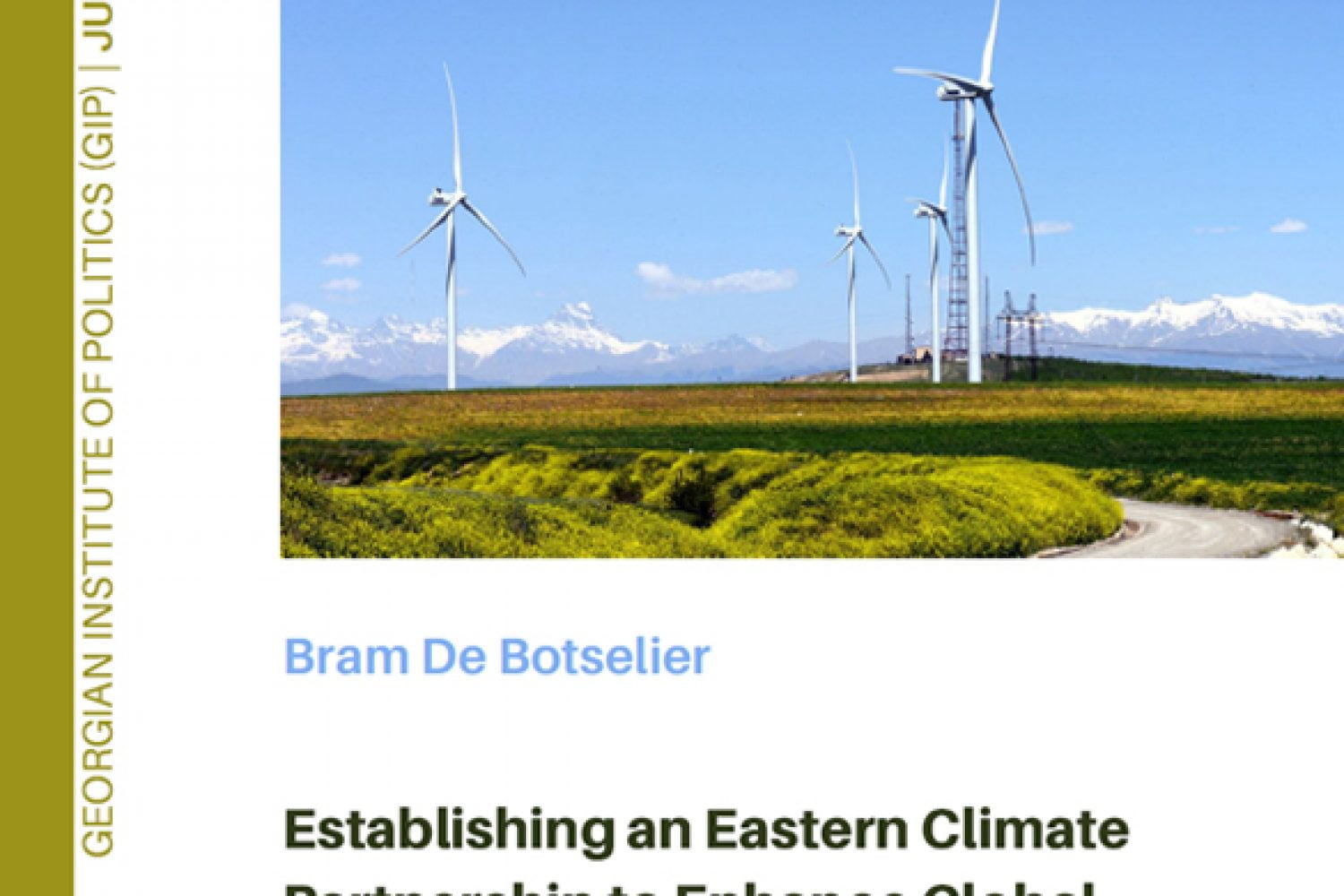2020-07-30 14:42:56
At a time when several countries that were key to the adoption of the Paris Agreement have a less favourable political context for climate action, the three associated EaP countries Georgia, Moldova and Ukraine show at least some political commitment to engage in global climate discussions. However, there is currently little cooperation between the EU and these countries in the field of international climate negotiations. Nevertheless, closer coordination would give the EU a chance to build a platform to bridge the gap between developed and developing countries. It could also give the EU better access to the negotiation groups that Georgia and Ukraine belong to, and lead to potential spillover effects. This closer coordination on the multilateral level should also be supported by enhanced bilateral cooperation, so the EU can encourage EaP countries to transform their now largely rhetorical commitment into concrete climate action. Georgia was selected as a best case, and this paper shows that, while the EU has been key in the initial development of climate action via the Association Agreement, the current format has reached its limits. Domestic capacity in the field of climate change is currently lacking, and this policy paper argues that the EU can play a key role in strengthening two actors with which it already is in contact: local governments, via the EU Covenant of Mayors framework and non-governmental organisations, via its civil society programs. This would ensure that knowledge already available in Georgia is shared between different levels of government and increase the legitimacy and transparency of climate policies.



